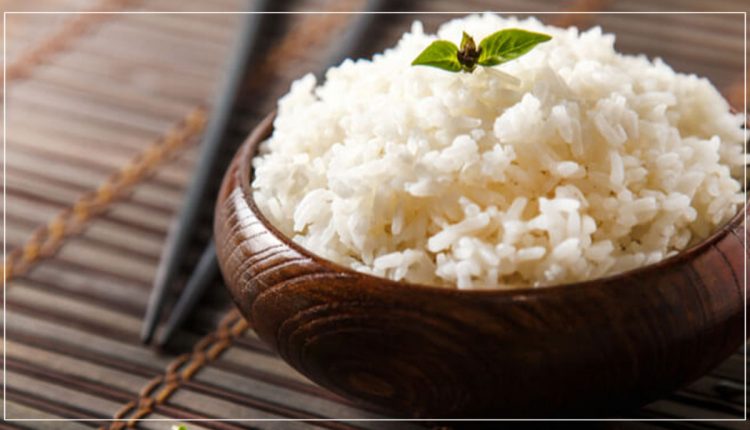
3 Leftovers You should Never Eat
Let’s just agree, we are desi people, we almost always cook more than what we can consume and the rest is stored for later use. And why not? I mean at least we are not wasting food, leftovers may not taste as good as freshly prepared food (there are obviously some exceptions), but they sure are ready to go with a little reheating. However, storage of few foods can lead to food poisoning. With the large amount of leftovers from all the dawats, here are 3 leftovers you should never eat.
Rice
The main problem with rice is that it may contain a certain bacteria (especially those that cause food poisoning) which are not killed during the initial cooking or boiling. This is because the bacteria reside in a special covering called spores. These spores can survive extreme temperatures, staying dormant till a favorable environment is found in which they can grow and reproduce.
An ideal situation would be to consume rice right after it is prepared. If one has to store it, make sure it does not sit in the open (room temperature) for more than an hour. Store it in the fridge or freezer to ensure that the bacteria do not get a chance to reactivate. Failure to do so can lead to gastrointestinal upset leading to diarrhea and vomiting.
Vegetables
It is not very uncommon to store leftover cooked green vegetables in the fridge. While some people believe reheating green vegetable can make them toxic, the real issue is with the storage. You see plants have a lot of nitrates, which is used to make proteins for growth and repair. This stored nitrate is within a cell, surrounded by the cell membrane and cell wall. Cooking destroys the walls, enabling the nitrates to come out. While a fresh prepared vegetable would have no problem, the problem arises when they are stored under unfavorable storage conditions, that is, the room temperature. At room temperature, bacteria normally present in the environment, starts digesting nitrates and converts it into nitrites (hence playing a role in nitrogen cycle). While nitrates are harmful, nitrites on the other hand can be absorbed in the blood, making it more alkaline and causing alkalosis. This is more common in young children and can present as shortness of breath, fatigue, headaches and even seizures.
If you need to store vegetables, store them in freezer so that the bacteria’s enzymes are inactivated and are unable to convert nitrates into nitrites.
Vegetable Oil
Surely, many foods we prepare contain vegetable oil. This vegetable oil with linoleic acid when reheated converts into a substance that is linked to increased heart diseases and strokes. Recent studies suggest that reheating of polyunsaturated oils (which includes corn oil, canola oil, sunflower oil, etc.) produces a toxin called HNE (4-hydroxy-trans-2-nonenal) which when consumed can lead to serious health problems. This is why one should never over heat or reuse oil.
As far as health is concerned, one should never cook food in such large quantities that there would be need for storage. If storage is necessary, make sure it is stored in a proper storage environment and that too as soon as possible.

